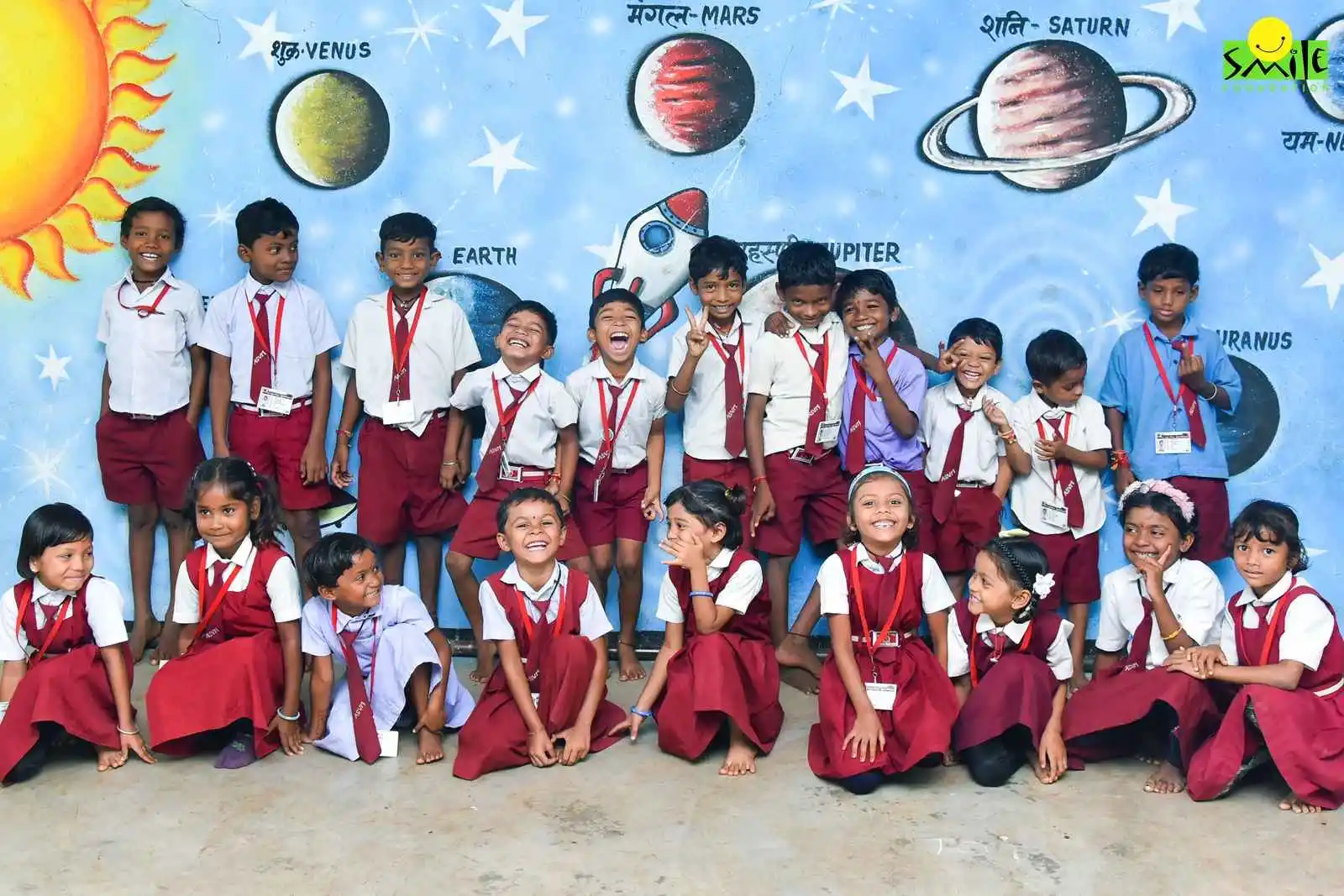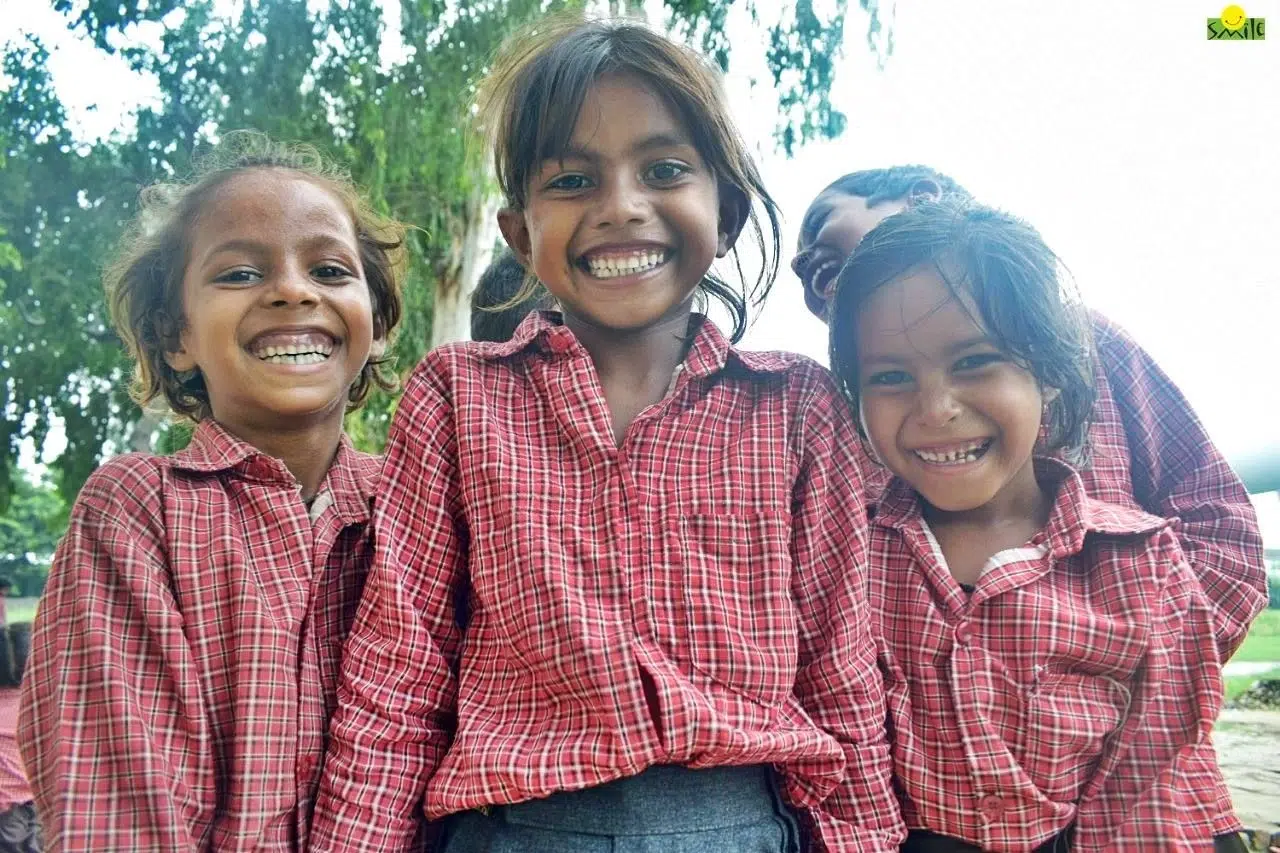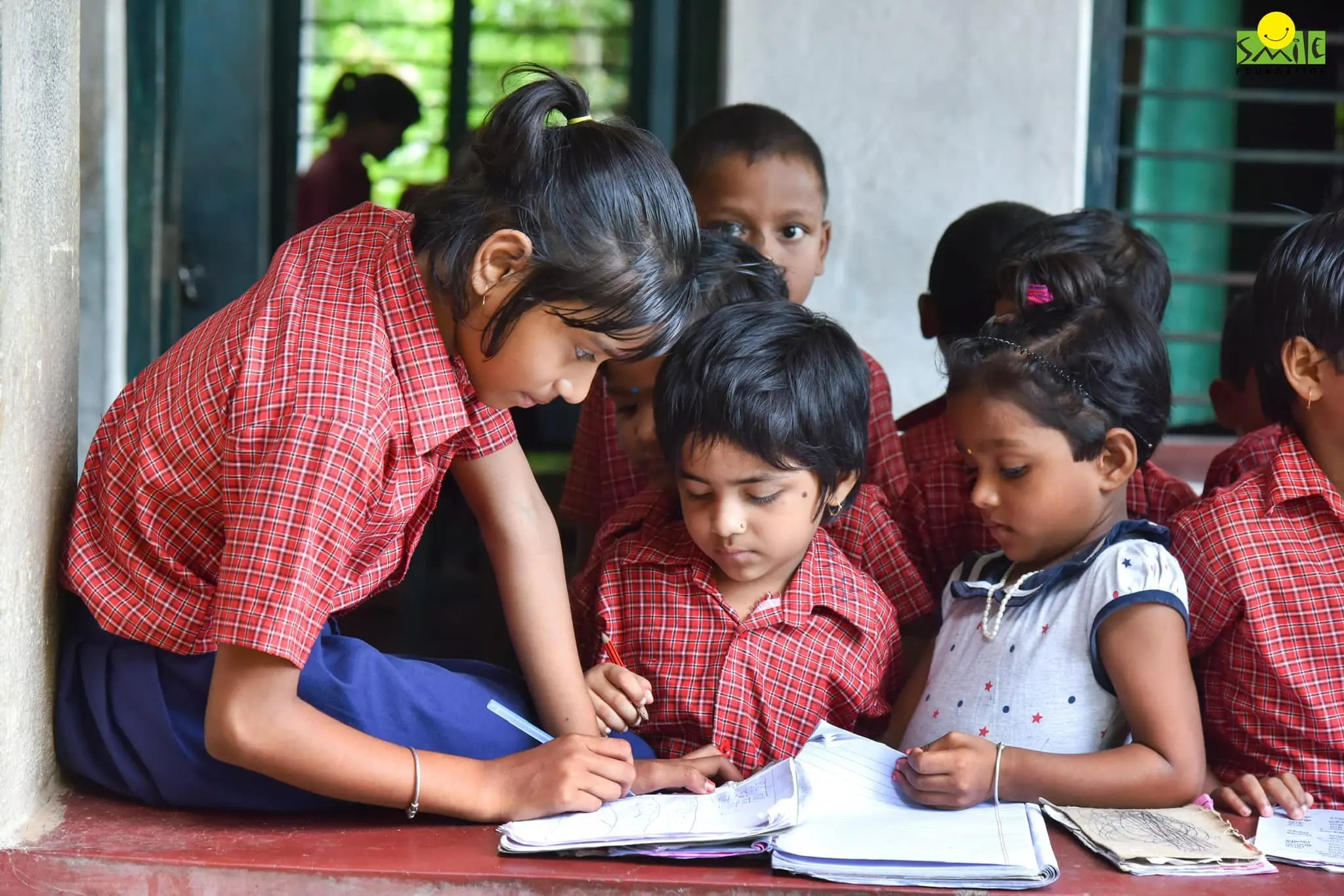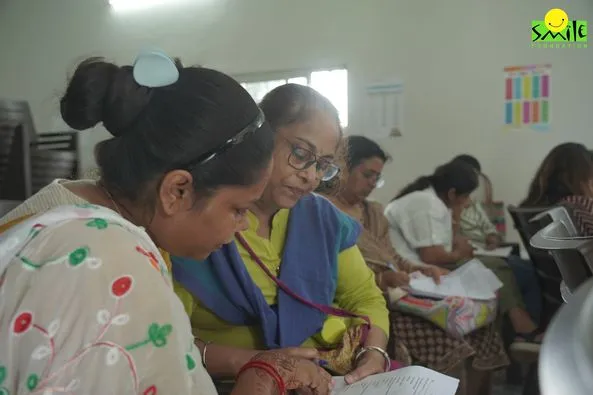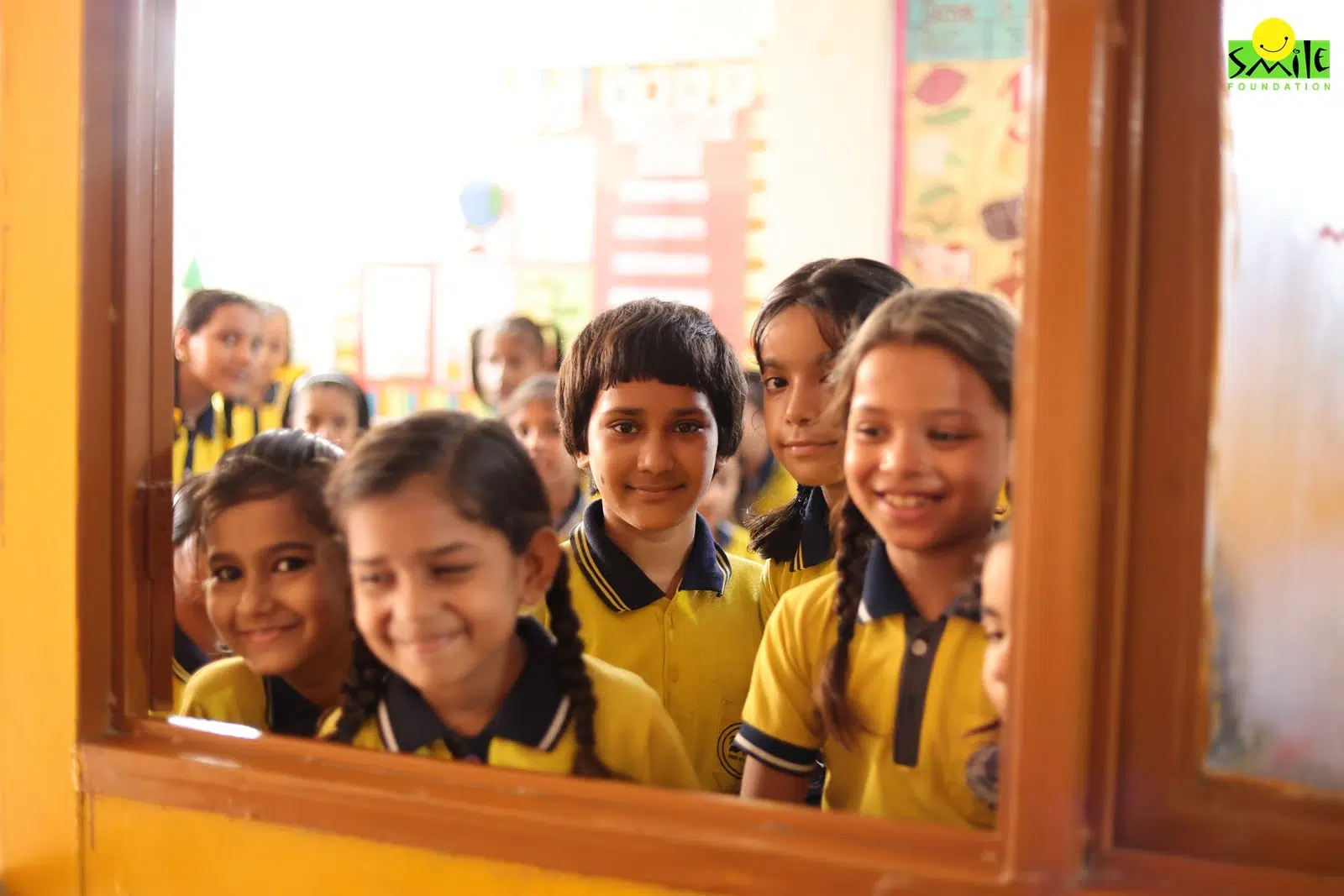As the lock down reaches its version 5.0, the nation continues to suffer with the ramifications of Covid-19 daily, poor children and their families are the most affected ones. India currently has the largest number of confirmed cases in Asia and has the fourth highest number of confirmed cases in the world. The virus has posed challenges for India not only in terms of healthcare, but the economy of the country has been facing resultant downside from the past 3 months. The rate of unemployment in India was reported to have risen from 6.7% to 26%, that is approximately 4 times, within just the first month of the lock down period and further stood at 27.11% for the week ended May 3. The average employment reduced from an estimated 404 million during 2019-20 to 396 million in March 2020 which in April came down further to 282 million.
The pandemic has penetrated its way into the livelihood of the entire population; however, it seems to have a varied impact on the people belonging to different social groups. The most distressed section of the society that has been affected by the Covid-19 induced lock down is the poor children and their families which mainly comprises of migrant workers and the daily wage laborers. These groups, prior to the nationwide lock down, were mostly employed in the highly informal, unorganized and exploitative sectors like construction industries and manufacturing factories. With their workplaces being shut down, millions of these workers had to deal with the loss of income, food shortages and uncertainty about their future.According to estimates from the Centre for Monitoring Indian Economy, over 122 million people lost their jobs in April itself , of which 75% of this unemployment was attributed to this underprivileged section affecting poor children and their families.
With the current fear of contagion, the discrimination against the underprivileged is at an all-time high which is leading to a major dislocation of these migrants.In India’s six largest metros (Delhi, Mumbai, Kolkata, Chennai, Hyderabad and Bengaluru), 48% of residents were migrants in 2011, according to the migration figures released by the census earlier this year. These groups are the most exposed to risks of this virus due to limited access to the right information and healthcare which further stems to major issues like hunger and poverty. Thousands of these workers had to resort to walking back to their hometowns due to unavailability of any means of public transport during the lock down. A large population of the migrants have lost their lives, not just as a result of being COVID-19 positive, but due to reasons ranging from starvation, suicides, exhaustion, road and rail accidents, police brutality and denial of timely medical care.
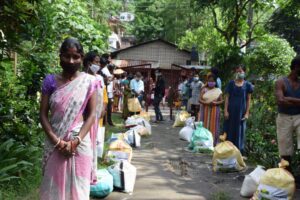
The COVID crisis has finally created an acknowledgement for this section of the society, who for decades have moved across from state to state and city to city in search of opportunities and livelihood.The government has set certain directives in response to the atrocities being faced by the underprivileged. These include setting up of relief camps and quarantine facilities for the migrants. The labor laws have also been temporarily revised by the state governments of Uttar Pradesh, Madhya Pradesh and Gujarat with the purpose of attracting industries and investments for generating employment. Relief packages have been announced by the finance minister of the country for supplementing the livelihood of the poor. Additionally, the government has started with a few transport arrangements, including bus facilities and introduction of Shramik Special trains, for these migrants to return to their homes. It is now high time that we as a society realize the existence of the migrant laborers in India and recognize their contribution towards the economy.
Smile Foundation is helping the communities during corona virus with easy access to food and essential items in such challenging times. 20 million meals will be provided to 2 lac children and families. To know more visit: https://www.smilefoundationindia.org/smile-fights-covid19/




